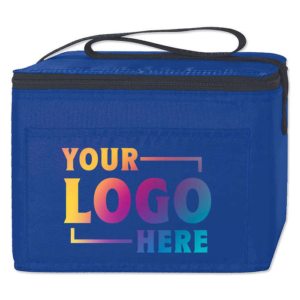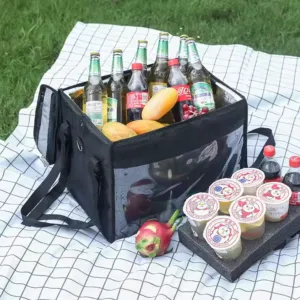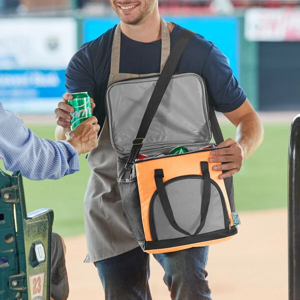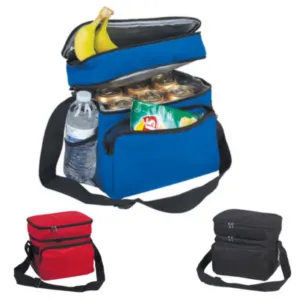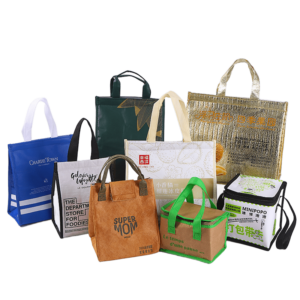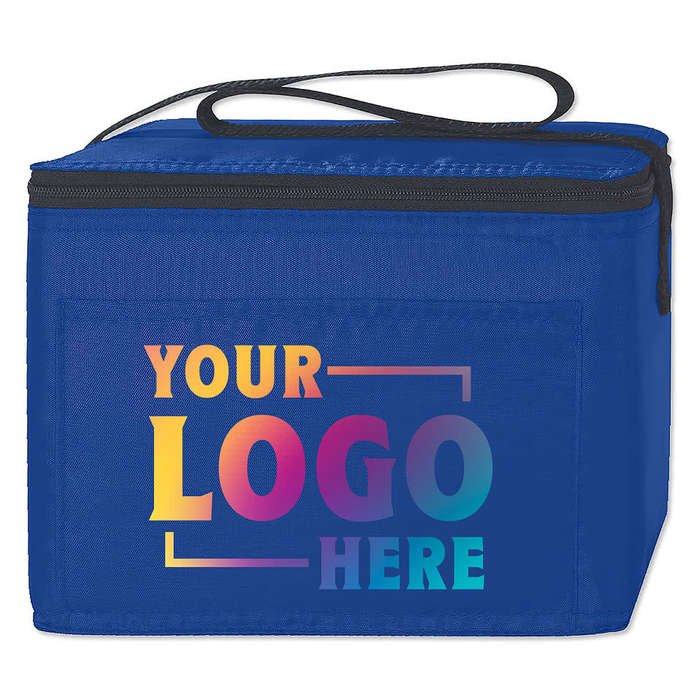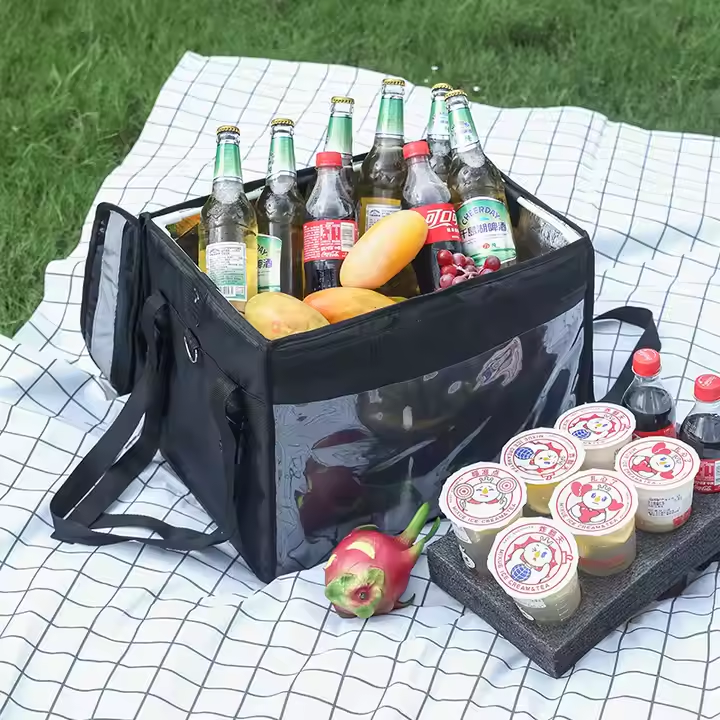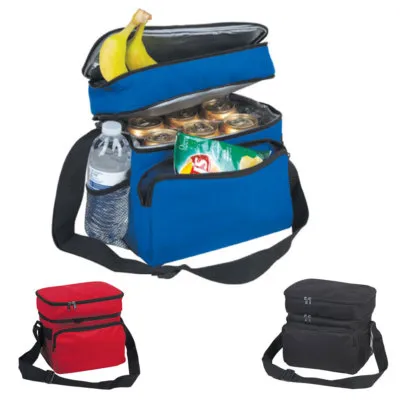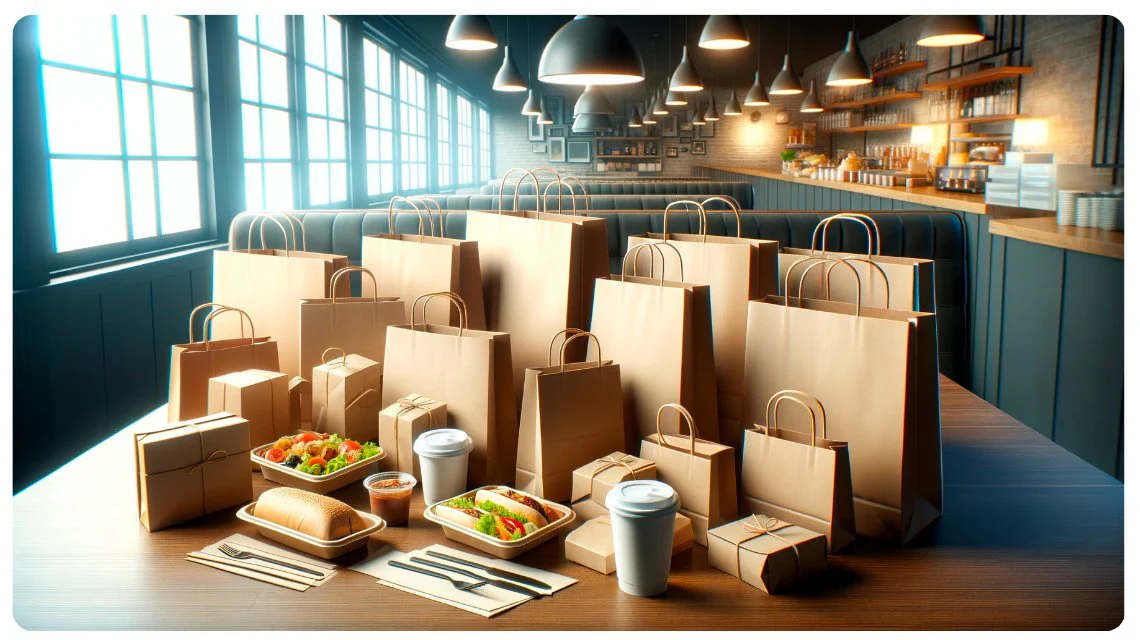
In retail, paper shopping bags have evolved beyond their traditional role. But what makes them such a versatile tool? Let's explore five creative uses for paper shopping bags that can elevate your business.
Paper shopping bags are not just for carrying goods. From unique packaging to promotional tools, these eco-friendly bags have multiple roles in modern retail.
Why are paper bags more than just a delivery item? Let's dive deeper.
What Are the Uses of Paper Bags?
Paper bags are often used for carrying items, but their uses in retail extend far beyond that. Whether for packaging or branding, they can make a statement.
In retail, paper bags serve as packaging, promotional tools, eco-friendly alternatives, and even as part of store decor to enhance brand presence.
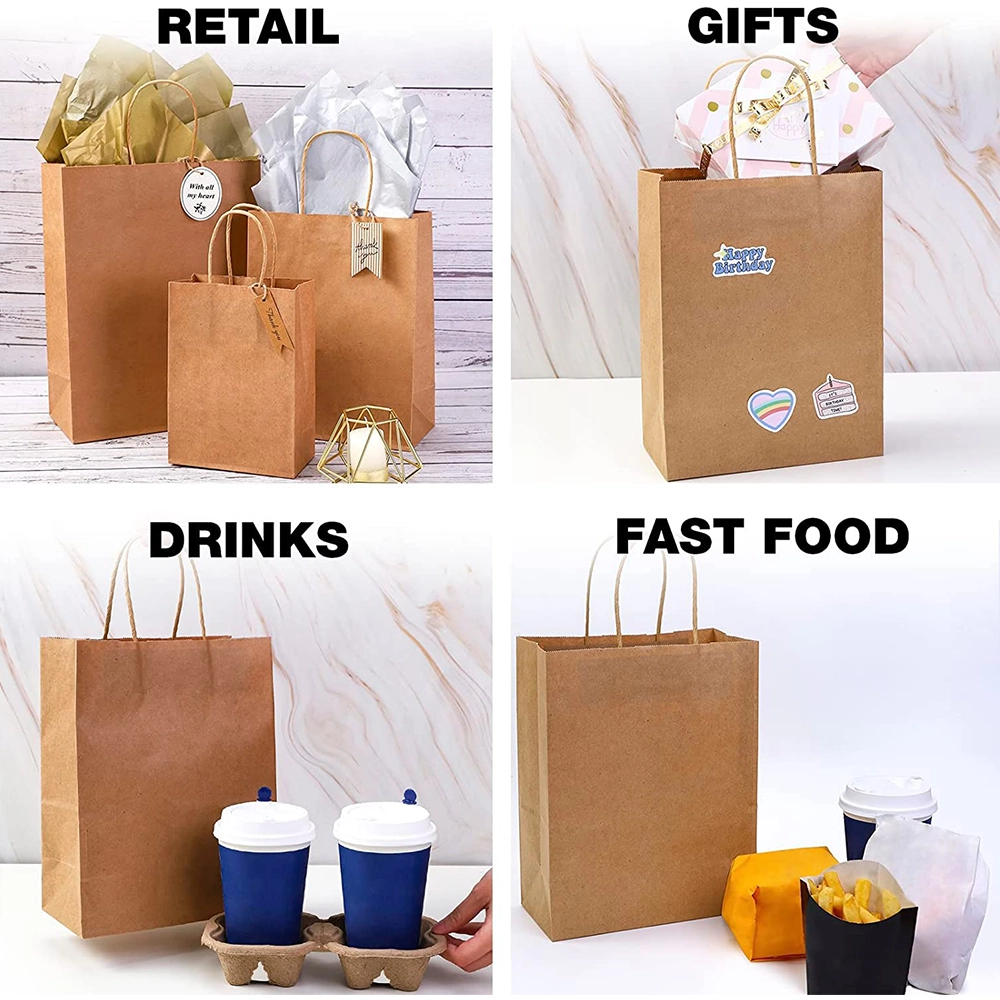
Creative Uses of Paper Bags in Retail
-
Packaging for Gift Items: Paper bags are commonly used to package special items like gifts1, beauty products, and food. By using stylish and customized designs, they enhance the customer experience and increase brand visibility.
-
Promotional Tools: Many stores use paper shopping bags to carry their logo and slogan. This provides a mobile advertisement as customers walk around with their branded bags.
-
Eco-friendly Option for Grocery Stores: The demand for eco-friendly packaging2 continues to rise. Paper bags offer a sustainable alternative to plastic bags and can be customized to fit a grocery store's branding.
-
In-Store Decorations: Retailers sometimes use paper bags for decorative purposes. They can be folded into various shapes, such as flowers or vases, and used as part of a store’s design or seasonal display.
-
Event Marketing: At promotional events or pop-up shops, paper bags can serve as giveaways filled with freebies. Not only does this promote your brand, but it also gives customers something useful to take home.
Why Should We Use Paper Bags Instead of Plastic Bags?
Plastic bags are harmful to the environment and often end up in landfills. Switching to paper bags offers a sustainable solution while maintaining a premium feel for your brand.
Paper bags are biodegradable, recyclable, and represent a commitment to sustainability, unlike plastic bags, which contribute to environmental pollution.
Environmental Impact of Paper vs. Plastic Bags
Many customers are increasingly aware of their environmental footprint, which makes paper bags a more attractive option for businesses. Here’s why they’re a better choice:
| Aspect | Paper Bags | Plastic Bags |
|---|---|---|
| Biodegradable | Yes | No |
| Recyclable | Yes | Limited recycling options |
| Durability | Less durable | More durable for heavy items |
| Cost | Higher manufacturing cost | Lower manufacturing cost |
| Consumer Perception | Eco-friendly and premium feel | Often seen as cheap and harmful |
The environmental benefits of paper bags far outweigh the benefits of plastic. As a retailer, switching to paper can help improve your brand image by aligning with sustainability trends.
What to Make with Paper Shopping Bags?
Retailers can do more than just hand out paper shopping bags. There are many creative DIY projects that can turn these bags into functional or decorative items.
Paper bags are versatile enough to be turned into everything from custom boxes to gift wrap or even art supplies, allowing brands to innovate.
Innovative Uses for Paper Shopping Bags
Here are some ideas on how to transform paper bags for creative retail uses:
-
Custom Gift Boxes: Turn paper shopping bags into unique gift boxes by cutting and folding them into various shapes. This is a great way to add a personal touch to retail items.
-
Craft Projects: Paper bags can be used in craft projects, including scrapbooking and DIY art. Retailers can create custom items using their paper bags as materials.
-
Eco-Friendly Wrapping Paper: Use paper bags to make wrapping paper for presents or promotional items. This is a great way to market sustainability while promoting your store's creative identity.
How Can We Reuse Paper Bags?
Reusing paper shopping bags is a great way to extend their life and keep them out of the trash. Here’s how you can encourage your customers to reuse paper bags.
Reusing paper bags helps reduce waste and contributes to a more sustainable retail experience. Offering incentives for customers to reuse their bags is a great strategy.
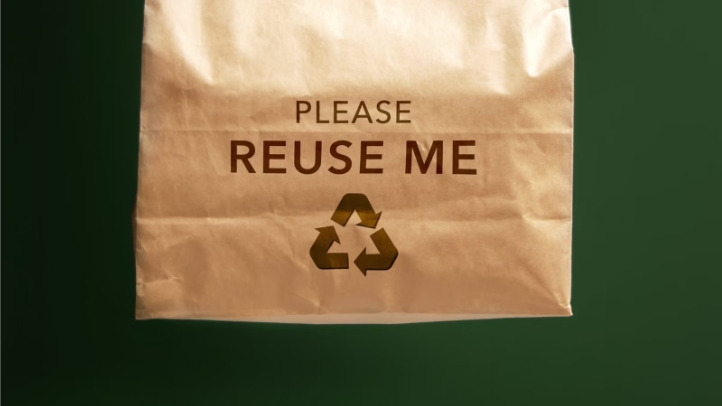
Reusing Paper Bags in Retail
Retailers can help customers see the [long-term value](How can loyalty programs help encourage sustainable practices in retail?)3 in paper bags by offering discounts for those who bring them back. Here are some ideas to promote reuse:
-
Loyalty Discounts: Offer customers discounts or loyalty points for returning their paper bags to the store for reuse. This encourages sustainability while building brand loyalty.
-
Repackaging for Repeat Customers: For regular customers, encourage them to bring in their paper bags for repackaging. This not only saves on packaging costs but also promotes eco-conscious behavior4.
-
Create a "Bag Library": A unique approach could be to allow customers to "check out" a paper bag for a certain period. Customers can return them when they’re done, reducing waste.
-
Use for In-Store Promotions: If customers return their used bags, reward them with special offers, making it an attractive option to reuse and recycle5.
Conclusion
Using paper shopping bags creatively in retail is a great way to boost your brand’s sustainability efforts and increase customer satisfaction. Whether it’s for packaging, promotional materials, or recycling initiatives, the potential is vast. At JiaRong Packaging, we provide high-quality paper bags for all your retail needs https://zjjrpackaging.com/ for more information about our products.
-
To understand how paper bags improve the gift presentation and customer experience. ↩
-
Learn why paper bags are becoming the top choice for sustainable retail packaging. ↩
-
Discover how loyalty discounts can promote eco-friendly behaviors while benefiting businesses. ↩
-
Learn how repackaging helps reduce both waste and packaging costs for businesses. ↩
-
Discover how promotions can incentivize customers to return used bags and promote recycling. ↩


